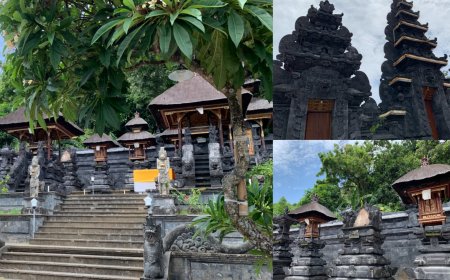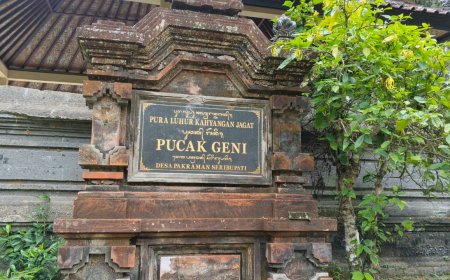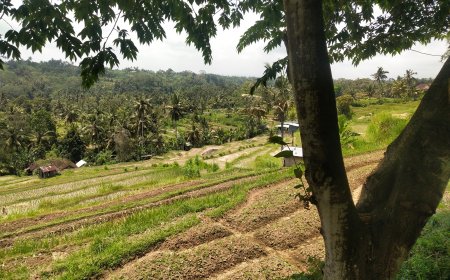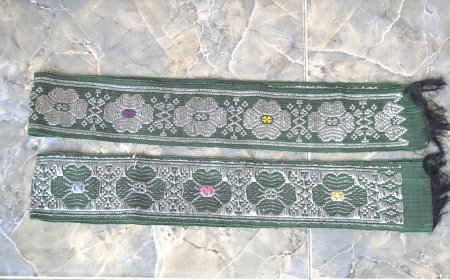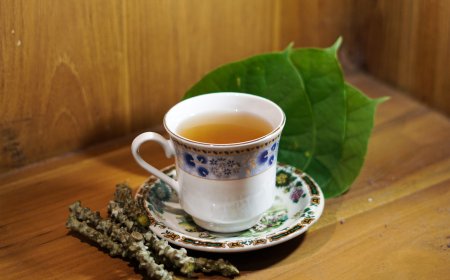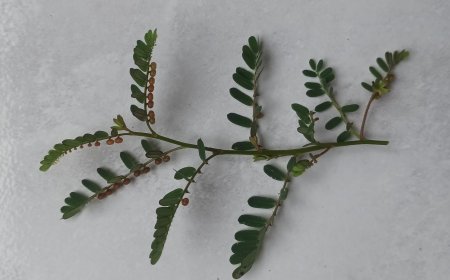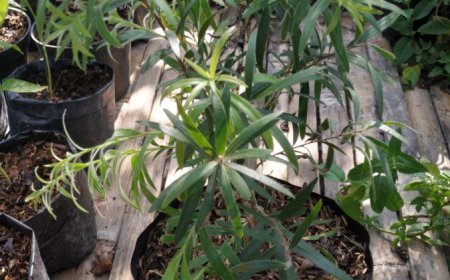Bawang Adas: Tubers with Abundant Health Benefits
Bawang Adas, also known as Bawang Dayak, plays a crucial role in traditional Balinese medicine, particularly in the context of Tiwang disease healing. Usadha Tiwang, as one of the classic texts of traditional Balinese medicine, provides information about various types of Tiwang diseases and their treatments, where Bawang Adas is recognized for its healing properties.
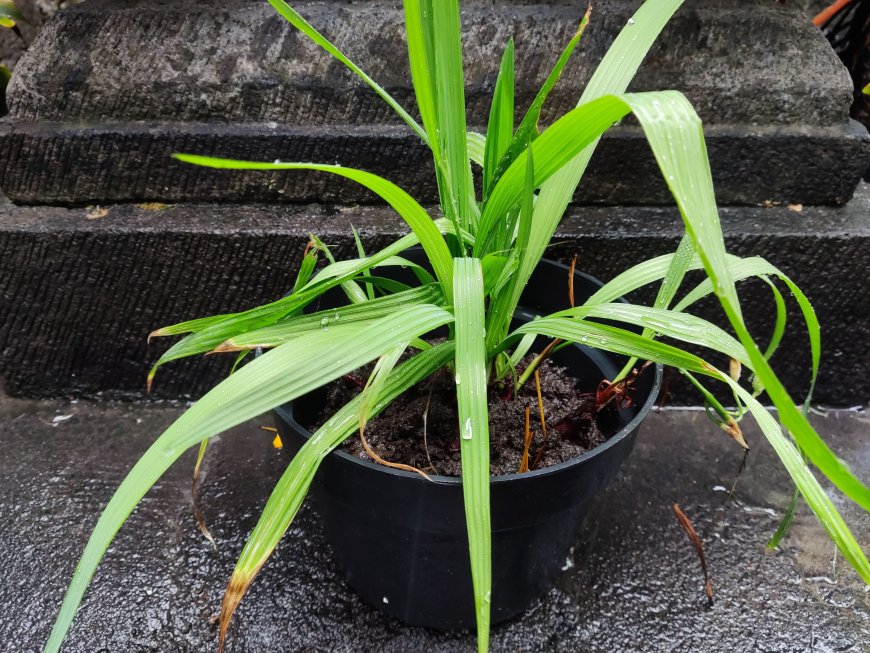
The Bawang Adas plant (Eleutherine palmifolia) has distinctive characteristics. Firstly, it has ribbon-shaped leaves with flat and long edges, typically growing in dense clusters. Its leaves are dark green and have a somewhat tough texture. Additionally, the stem of the Bawang Adas plant is sturdy and erect, supporting robust growth. The plant produces flowers in raceme form, with bright colors like red or orange. Its fruit is capsule-shaped and usually contains small black seeds. Notably, it has a distinctive odor, providing a strong and sharp aroma that makes it easily recognizable. Bawang Adas is often found growing in various types of soil, and its presence is generally scattered in tropical regions. These characteristics make Bawang Adas not only valuable in traditional medicine but also as an attractive ornamental plant due to its uniqueness.
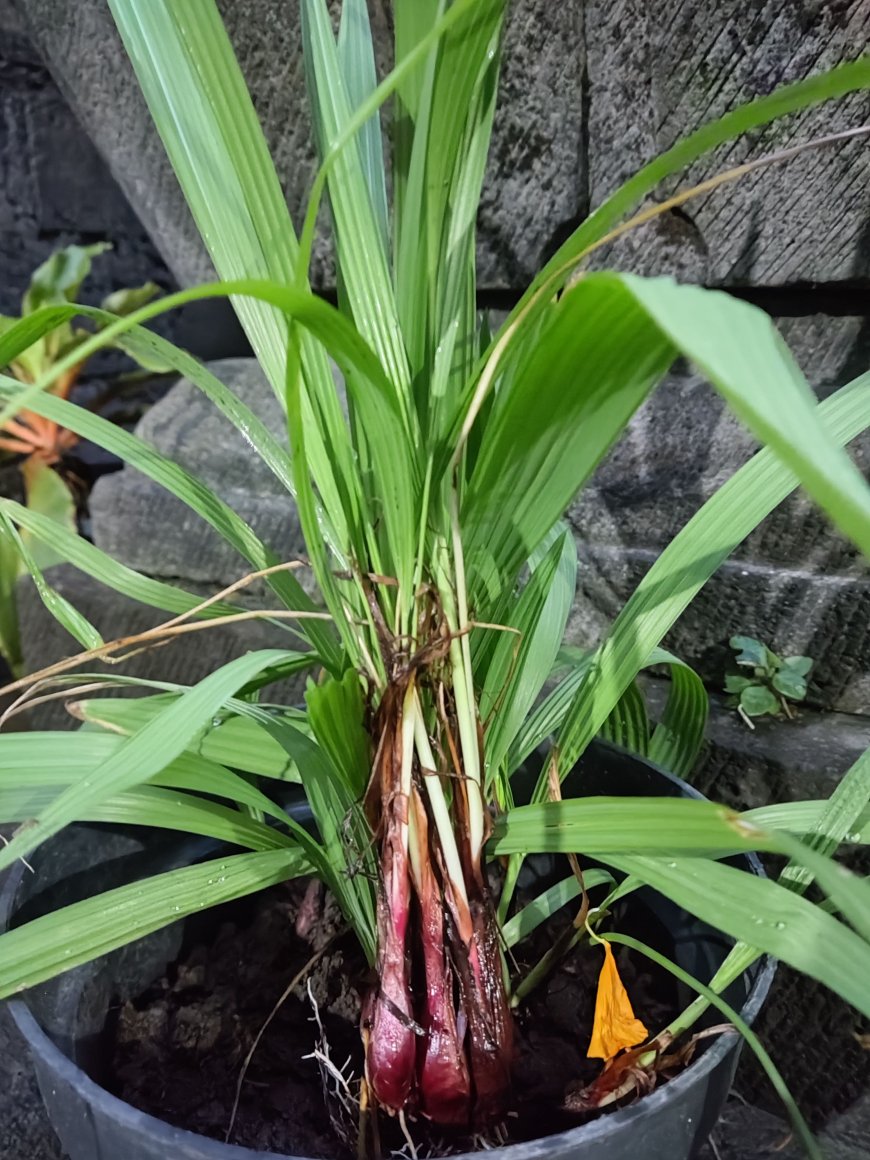
Bawang Adas Plants (Photo Source : Private Collection)
Bawang Adas, or Bawang Dayak, is known as a source of beneficial active compounds for health, including essential oils, flavonoids, and antioxidants. This unique combination imparts anti-inflammatory and antiseptic properties, helping to alleviate inflammation and fight infections. Antibacterial compounds like allicin in Bawang Adas essential oil can support the treatment of Tiwang, reducing symptoms such as restlessness, watery eyes, and stiff muscles. The use of Bawang Adas in Balinese traditional medicine is not only a cultural heritage but is also supported by scientific principles, encouraging preservation efforts while opening up to integration with modern medical approaches. Overall, the anti-inflammatory and antiseptic properties of Bawang Adas offer a valuable alternative in the prevention and treatment of diseases.
The process of making traditional medicine to address Tiwang Dekah disease involves the use of several natural ingredients, including Mandori leaves (Calotropis gigantea), Kunir Warangan (Curcuma demostica), Kencur (Kaempferia galanga L), Lawos (Alpinia galanga), and Bawang Adas (Eleutherine palmifolia). Initially, all these ingredients are finely ground using a mortar and pestle to ensure the required consistency and smoothness in the medicine-making process.

Tiwang Dekah Medicine Recipe (Photo Source : Private Collection)
After careful grinding of the ingredients, the resulting mixture is locally applied around the patient's neck and chest. The use of these natural ingredients is believed to have efficacy in relieving symptoms of Tiwang Dekah disease, such as persistent coughing and discomfort in the throat and neck area. Each ingredient used is considered to contribute to the effectiveness of the medicine.
The application process around the neck and chest aims to facilitate the absorption of active substances contained in these ingredients by the patient's body. This method reflects the rich tradition of Balinese traditional medicine, which relies on natural herbs and herbal ingredients to maintain health and address various health issues.
It is important to note that Usadha, including Usadha Tiwang, is part of the cultural heritage of Bali with significant value in traditional healing practices. The collection of these manuscripts in Gedong Kirtya, the Udayana University Library, and the Bali Language Institute is a heritage that needs to be preserved and studied to gain a deeper understanding of Balinese traditional health practices.
By utilizing Bawang Adas and the knowledge contained in the Usadha Tiwang text, the Balinese community can maintain their healing traditions while continuing to respect and preserve their culture.



